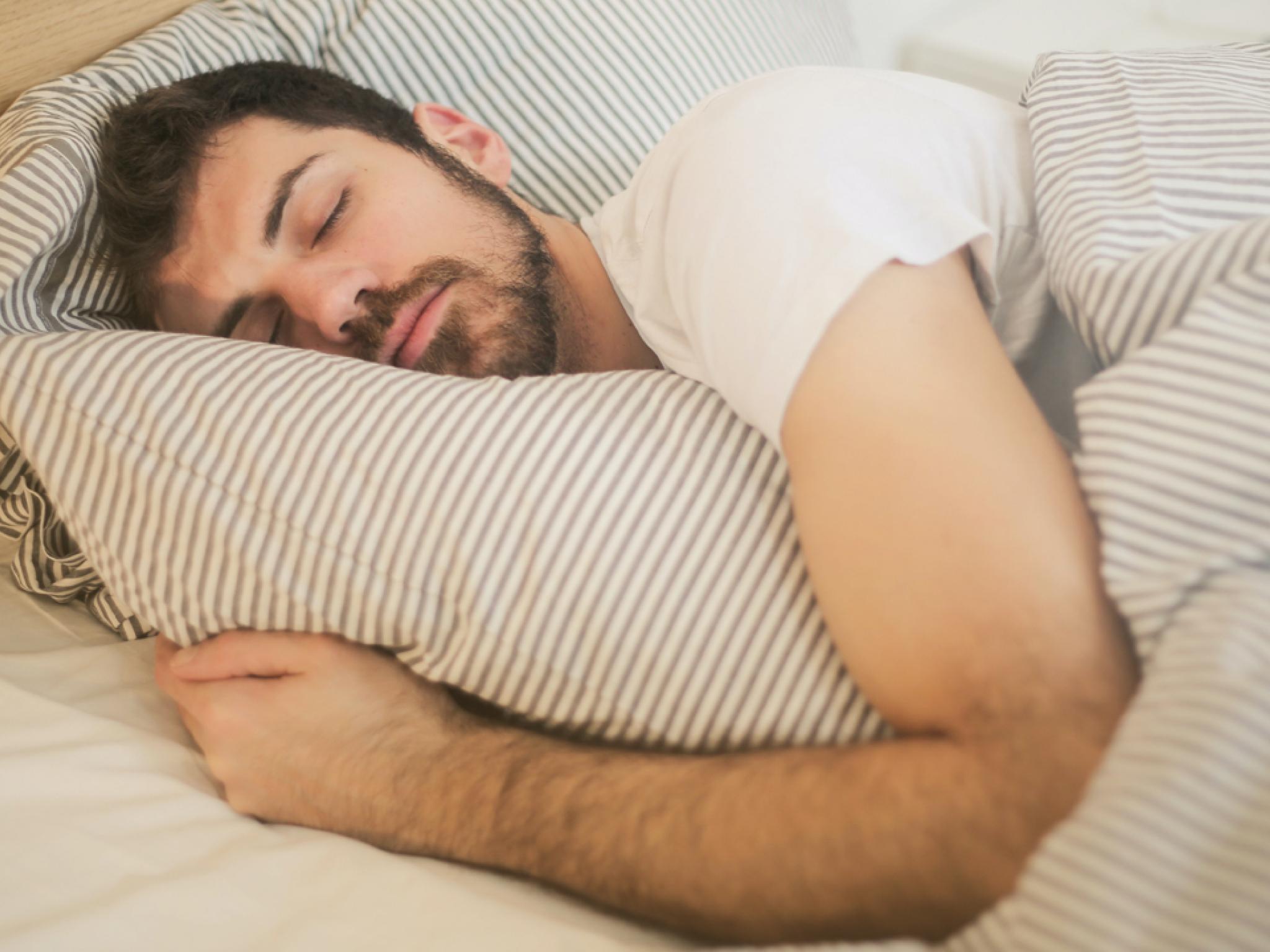
With roughly 60 million Americans suffering from sleep disorders, many are turning to medical cannabis to solve the problem.
To that end, a team of Israeli researchers has examined whether cannabis can help those with post-traumatic stress disorder (PTSD) sleep better.
A new study in the Journal of Anxiety Disorders called out for participants via email to individuals in the Israel Institute of Technology Cancer Biology and Cannabinoid Research Laboratory database through Facebook groups related to PTSD and MC, as well as via Reuth Rehabilitation Hospital in Tel Aviv.
In addition to completing a baseline survey, the participants, all diagnosed with PTSD, sent daily surveys for 14 days, reporting the timing of the previous night's use of medical marijuana and sleep disturbances. Based on an electronic diary method, the study measured sleep problems using Pittsburgh Sleep Quality Index (PSQI), with scores ranging from zero to 21, while PTSD symptoms were scored using the PTSD Checklist on a scale from zero to four.
Fifty-six percent of those taking part in the study were male, while 82% have a license to use medical cannabis.
The results showed that medical marijuana seems to improve those with PTSD that experience sleep problems.
"Within-person analyses found that shorter time gaps between previous night MC use and the sleep start time were associated with lower likelihood of experiencing nightmares throughout the night, but it was not associated with nightly awakenings or waking up too early," researchers concluded.
Previous Research
The results build on a recent study published in Neuropharmacology, which found that low doses of THC (tetrahydrocannabinol) can help treat post-traumatic stress disorder (PTSD).
Researchers said participants who were given THC reported fewer negative feelings during cognitive reappraisal tasks compared to their counterparts who received a placebo.
"Together, these findings suggest that THC may prove to be a beneficial pharmacological adjunct to cognitive reappraisal therapy in the treatment of PTSD," the researchers from Wayne State University concluded.
Meanwhile, many military veterans in the US are prohibited from accessing medical cannabis since it is illegal at the federal level. Politicians like Nebraska Gov. Pete Ricketts gave a clearer picture as to why the issue is stalled.
"There's no data to support that" medical marijuana can help people living with PTSD, he said recently.
At the same time, staggering statistics showed that, on average, 17 veterans per day commit suicide, according to the most recent data retrieved from the 2021 National Veteran Suicide Prevention Annual Report.
Photo: Courtesy of Pexels







